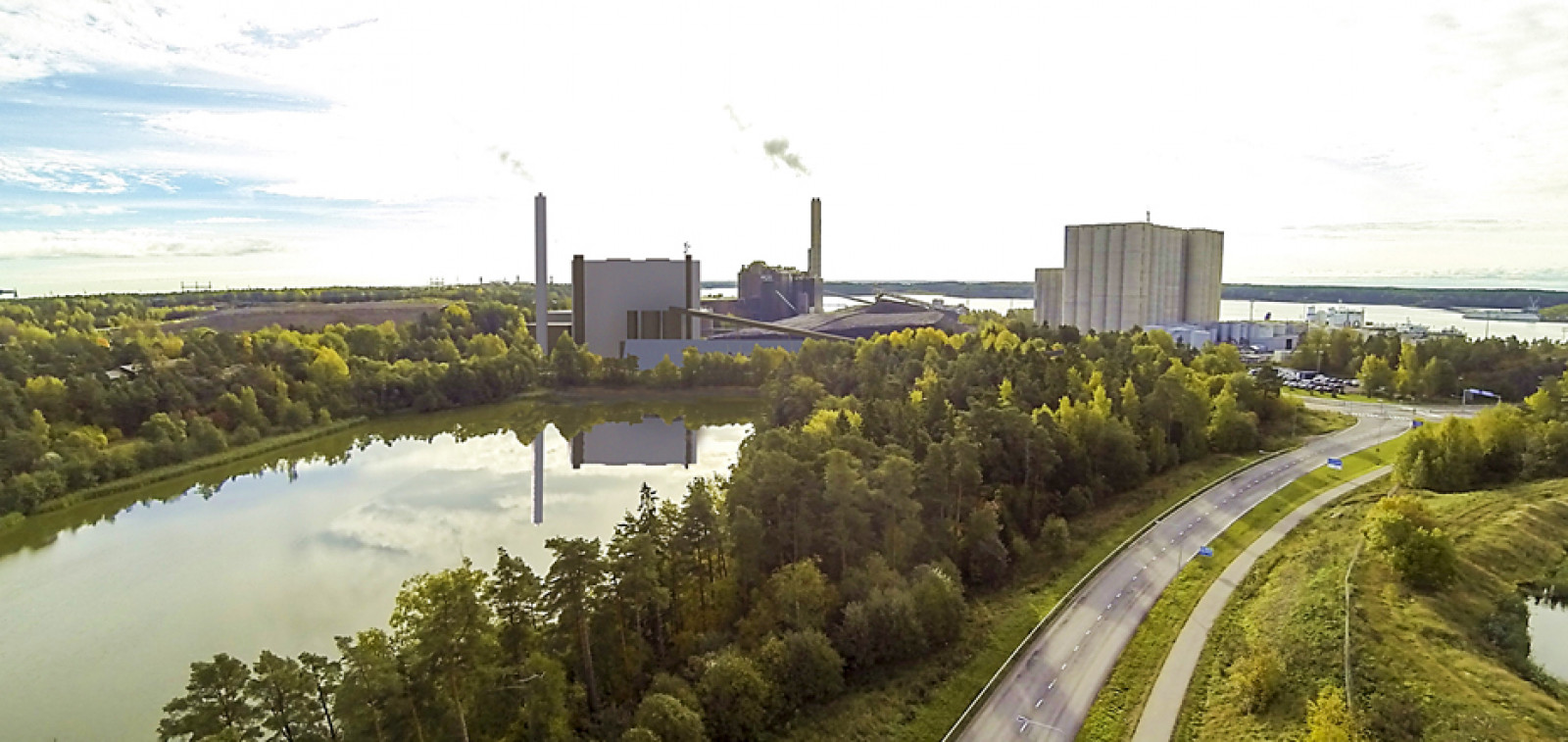
The carbon-neutrality objectives are seen as an opportunity to develop the vitality of the area. Research, innovations, and the product development in companies support the development objectives defined by the municipalities and provinces.
- So many operators have shown efforts for carbon-neutrality for so long, that it is time to reach a shared understanding, to combine the operations under one headline, and to speed things up with the development, says Chief Sustainability Officer Risto Timonen from the ELY centre for Southwest Finland.
The region already has seven Hinku municipalities, the carbon-neutrality objective (2040) of the City of Turku, the roadmap of circular economy in Southwest Finland, the operations of the project which aims to make Satakunta a carbon-neutral province, and the product and process development operations in companies in various fields.
The carbon-neutrality of Southwest Finland refers to a state where the annual net effects of the greenhouse gas emissions from the Southwest Finland and Satakunta regions is zero. The goal is to be reached through innovative cooperation between the municipalities, companies, associations, and residents, by utilising the regional natural resources and competence, as well as by using support from national and international networks. Clear strategic choices are used: introducing renewable energy sources, energy-efficiency, promoting a circular economy, developing clean technologies, and engaging in open cooperation.
The challengers have experience and are willing to share their competence
The City of Turku and the Hinku municipalities are willing to share experiences and plan future solutions together with everyone interested.
- Turku’s successful climate work invests in renewable energy, public transport, electric mobility, and a denser city structure. With tough objectives, monitoring must also be efficient, notes Olli A. Manni, Chair of the City Board. The City of Turku monitors its emissions annually and evaluates the effects of its actions.
In order to reach the defined goals, a shared roadmap is necessary, where the actions which are to be jointly primarily invested in are recognised, and whose implementation monitoring is planned together.
Financial support for experiments and product development
Projects which seek funding from the European Regional Development Fund (ERDF) must allocate 25% of their funding to actions aiming to reduce carbon emissions. The Rural Development Programme for 2014–2020 also includes low-carbon activities as a clear objective.
SMEs can also apply for Tekes energy funding. The available funding should be actively used for projects which promote carbon-neutrality.
An EU-funded climate programme would increase regional resources
The Life IP CLIMA, or CANEMURE project, would ensure extensive national support for municipal climate work for the next six years. The project covers the national service centre, regional cooperation groups in six regions, and 12 detailed municipal or corporate projects, each of which meets a certain challenge related to national energy or climate strategy.
- The project would significantly strengthen the position of Southwest Finland as a forerunner in climate change mitigation, says Professor Jyri Seppälä from the Finnish Environment Centre, the national leader of the HINKU project.
